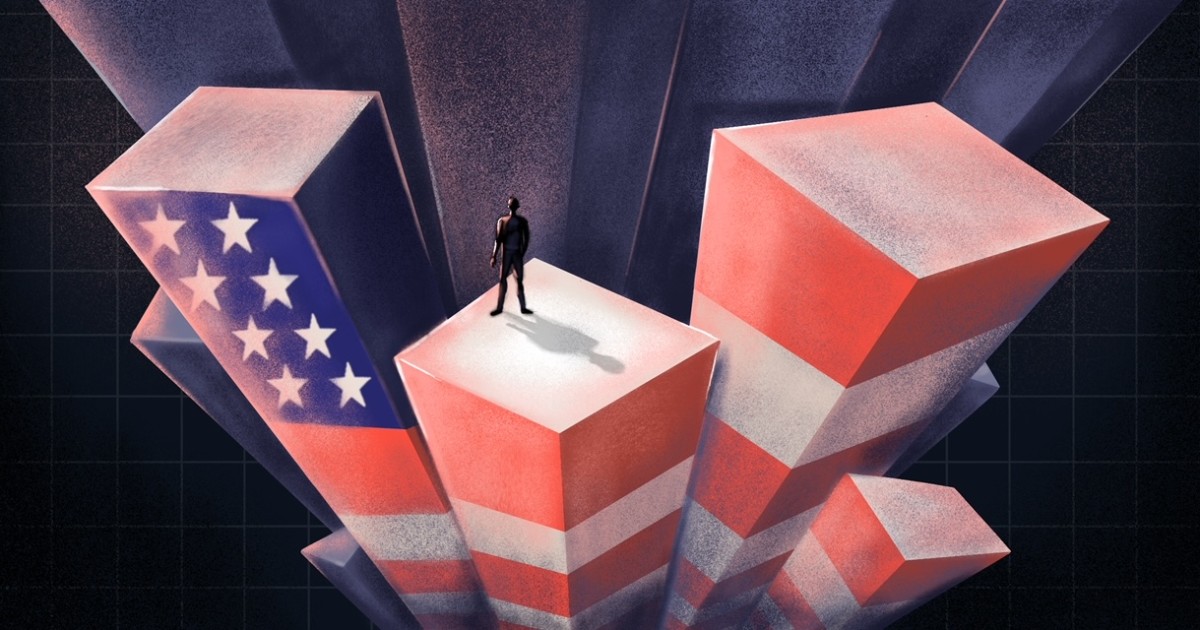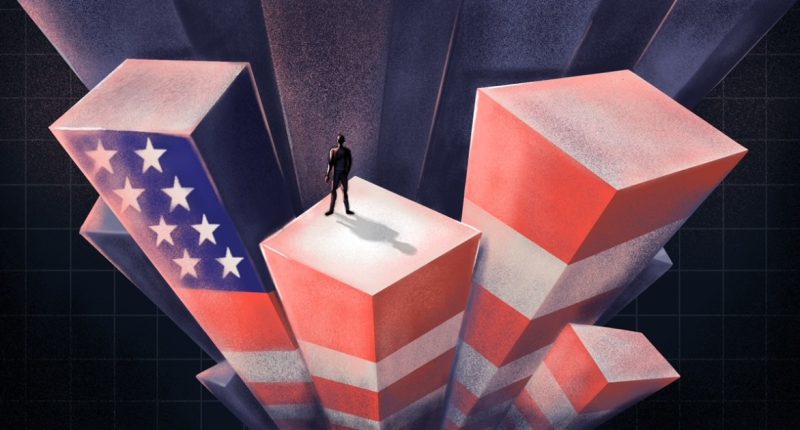
The U.S. continues to underperform on an annual list that ranks inclusivity as experienced by marginalized groups in countries across the globe.
The Othering and Belonging Institute at the University of California, Berkeley tallies every year an Inclusiveness Index after holistically analyzing the degree of inclusion and protections for marginalized groups across a range of social categories such as gender, race, religion, sexual orientation and disability. New Zealand and countries in Northern Europe consistently top the rankings, whereas the U.S. typically falls in the middle. This year the U.S. is ranked 77th, up from 72nd in 2022 and 2021.
The U.S. usually gets high rankings for general LGBTQ acceptance (16th place) and religion (27th), but ranks lower when it comes to race (118th place), disability, (70th) and gender (108th).
Stephen Menendian, the assistant director and director of research at OBI, told NBC News that the rate of incarceration weighs down the U.S.’s overall ranking. “Since the United States has a very high rate of incarceration — but specifically a very disproportionate rate of incarcerating nonwhite people — that pulls down the ranking tremendously,” Menendian said.
The U.S.’s inclusiveness ranking also suffers from a lack of women in elected office. For example, Menendian pointed out that only 25 out of 100 U.S. senators today are women.
In addition to gender breakdowns in elected positions, researchers also considered violent attacks against particular groups, income inequality and how welcoming a country is to immigrants. “The United States has a lot of economic inequality between social groups that also pulls down the ranking compared to the more egalitarian Scandinavian countries,” Menendian said.
Researchers also said that for the first time, the index this year considered the countries’ responses to climate change, such as rates of greenhouse gas emission.
Since the index’s inception in 2016, the U.S.’s standing compared to other countries in terms of disability, race and gender has fallen. This could be due to other countries improving while the U.S. remains stagnant, or it could indicate a downward shift, Menendian said.
Within the U.S., Hawaii, Maryland and Vermont ranked as the three most inclusive states. Louisiana, followed by Mississippi and Alabama, were ranked lowest in terms of inclusiveness, according to the index. Notably, Florida — which has been in the spotlight for its efforts to restrict LGBTQ protections and gender-affirming care — ranks 16th in the country for inclusiveness, just above New York and Oregon, which are 17th and 20th respectively.
At the bottom of the global inclusiveness rankings is Iran, followed by Yemen and the Comoros Islands.
“Our hope is that people who reside in these places or people who are advocates for inclusion and equity can see the changes and then point to it, and use it as a reference to advocate for more inclusion in their communities,” Menendian said.
Source: | This article originally belongs to Nbcnews.com










